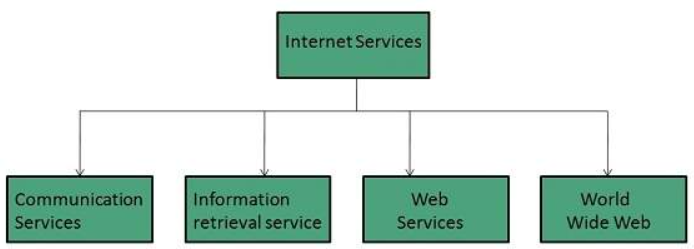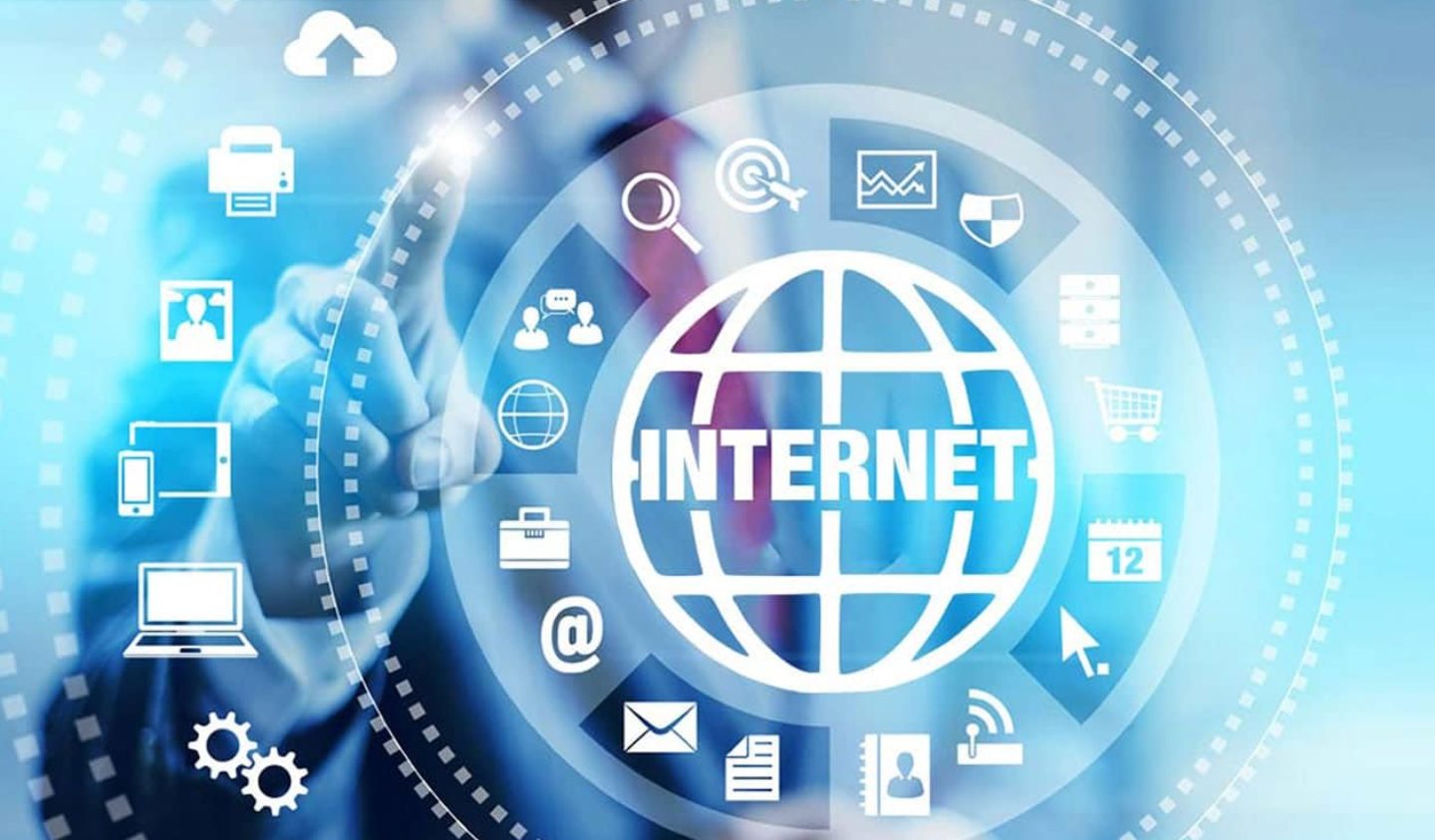In today’s interconnected world, internet services have become an indispensable part of our daily lives. From education and entertainment to business and communication, the internet has revolutionized the way we interact with the world. This comprehensive guide will delve into the history, types, and future of internet services, providing you with a deeper understanding of this crucial aspect of modern society.
Contents
A Brief History of Internet Services
The internet, as we know it today, emerged from the ARPANET, a research network developed by the U.S. Department of Defense in the 1960s. Initially designed for academic and research purposes, the ARPANET gradually evolved into a global network connecting millions of computers.
In the 1990s, the World Wide Web (WWW) was introduced, making it easier for people to access and share information online. The development of web browsers like Mosaic and Netscape Navigator, coupled with the proliferation of personal computers, led to a rapid increase in internet usage.
Types of Internet Services

Internet services can be broadly categorized into three main types:
1. Internet Service Provider (ISP)
An ISP is a company that provides access to the internet. They offer a variety of connection types, including:
- Dial-up: A slower connection method that uses a regular phone line.
- DSL (Digital Subscriber Line): A faster connection that uses existing copper phone lines.
- Cable Internet: A high-speed connection that uses coaxial cables.
- Fiber Optic: The fastest connection type, using thin strands of glass to transmit data.
- Satellite Internet: A connection suitable for remote areas, using satellites to transmit data.
2. Web Hosting
Web hosting refers to the service of providing space for websites on a server connected to the internet. Web hosting providers offer different types of hosting, including:
- Shared Hosting: Multiple websites share resources on a single server.
- Virtual Private Server (VPS): A dedicated portion of a server is allocated to a single customer.
- Dedicated Server: A complete server is dedicated to a single customer.
- Cloud Hosting: Websites are hosted on multiple servers connected to a network.
3. Online Services
Online services encompass a wide range of applications and platforms that utilize the internet, such as:
- Email: A popular communication tool for sending and receiving electronic messages.
- Social Media: Platforms for connecting with friends, family, and communities online.
- Search Engines: Tools for finding information on the internet.
- E-commerce: Online platforms for buying and selling goods and services.
- Streaming Services: Platforms for watching movies, TV shows, and listening to music online.
- Cloud Storage: Online services for storing and accessing data.
- Online Gaming: Platforms for playing games with others over the internet.
The Impact of Internet Services
Internet services have had a profound impact on various aspects of society, including:
- Education: Online learning platforms have made education more accessible and flexible.
- Business: The internet has enabled businesses to reach a global audience and conduct transactions online.
- Communication: Internet services have revolutionized communication, making it easier to connect with people from all over the world.
- Entertainment: The internet offers a vast array of entertainment options, including streaming services, online gaming, and social media.
- Healthcare: Telemedicine and online health resources have improved access to healthcare services.
Challenges and Future Trends
While internet services have brought numerous benefits, they also face challenges, such as:
- Cybersecurity Threats: Protecting personal and sensitive information online is a major concern.
- Digital Divide: Not everyone has access to the internet, creating a digital divide.
- Data Privacy: Concerns about how personal data is collected and used.
Despite these challenges, the future of internet services looks promising. Emerging technologies like artificial intelligence, 5G networks, and the Internet of Things (IoT) are expected to further transform the way we interact with the internet.
Conclusion
Internet services have become an integral part of our modern world, shaping the way we live, work, and communicate. From the early days of the ARPANET to the vast and interconnected network we know today, internet services have evolved to meet the ever-changing needs of society. As technology continues to advance, we can expect internet services to play an even more significant role in our lives.
Read More: Internet Contracts: A Comprehensive Guide






